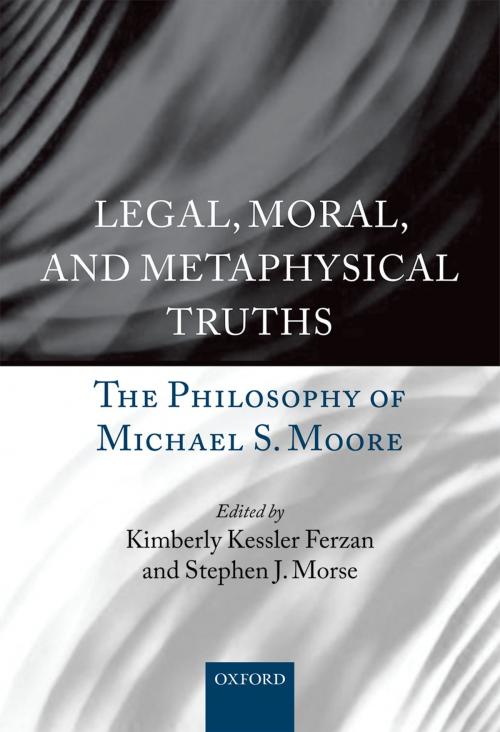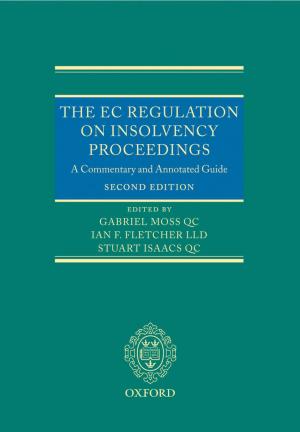Legal, Moral, and Metaphysical Truths
The Philosophy of Michael S. Moore
Nonfiction, Reference & Language, Law, Jurisprudence, Religion & Spirituality, Philosophy| Author: | ISBN: | 9780191008979 | |
| Publisher: | OUP Oxford | Publication: | April 14, 2016 |
| Imprint: | OUP Oxford | Language: | English |
| Author: | |
| ISBN: | 9780191008979 |
| Publisher: | OUP Oxford |
| Publication: | April 14, 2016 |
| Imprint: | OUP Oxford |
| Language: | English |
Perhaps more than any other scholar, Michael Moore has argued that there are deep and necessary connections between metaphysics, morality, and law. Moore has developed every contour of a theory of criminal law, from philosophy of action to a theory of causation. Indeed, not only is he the central figure in retributive punishment but his moral realist position places him at the center of many jurisprudential debates. Comprising of essays by leading scholars, this volume dicusses and challenges the work of Michael Moore from one or more of the areas where he has made a lasting contribution, namely, law, morality, metaphysics, psychiatry, and neuroscience. The volume begins with a riveting contribution by Heidi Hurd, wherein she takes an unadorned and unabashed look at the man behind this monumental body of work, full of both triumphs and sadness. A number of essays focus on Moore's view of the purpose and justification of the criminal law, specifically his endorsement of retributivism and legal moralism. The book then addresses Moore's work in the various aspects of the general part of the criminal law, including Moore's position on how to understand criminal acts for double jeopardy purposes, Moore's claim that accomplice liability is superfluous, Moore's views about the culpability of negligence, and the relationship between that view and proximate causation. Furthermore, the subject of defences in criminal law is addressed, including self-defence as well as the intersection of the psychiatry, cognitive neuroscience, and the criminal law. Also discussed are features of morality, and Moore's work in general jurisprudence. Finally, Moore concludes the volume with an essay that defends and delineates the features of his views.
Perhaps more than any other scholar, Michael Moore has argued that there are deep and necessary connections between metaphysics, morality, and law. Moore has developed every contour of a theory of criminal law, from philosophy of action to a theory of causation. Indeed, not only is he the central figure in retributive punishment but his moral realist position places him at the center of many jurisprudential debates. Comprising of essays by leading scholars, this volume dicusses and challenges the work of Michael Moore from one or more of the areas where he has made a lasting contribution, namely, law, morality, metaphysics, psychiatry, and neuroscience. The volume begins with a riveting contribution by Heidi Hurd, wherein she takes an unadorned and unabashed look at the man behind this monumental body of work, full of both triumphs and sadness. A number of essays focus on Moore's view of the purpose and justification of the criminal law, specifically his endorsement of retributivism and legal moralism. The book then addresses Moore's work in the various aspects of the general part of the criminal law, including Moore's position on how to understand criminal acts for double jeopardy purposes, Moore's claim that accomplice liability is superfluous, Moore's views about the culpability of negligence, and the relationship between that view and proximate causation. Furthermore, the subject of defences in criminal law is addressed, including self-defence as well as the intersection of the psychiatry, cognitive neuroscience, and the criminal law. Also discussed are features of morality, and Moore's work in general jurisprudence. Finally, Moore concludes the volume with an essay that defends and delineates the features of his views.















